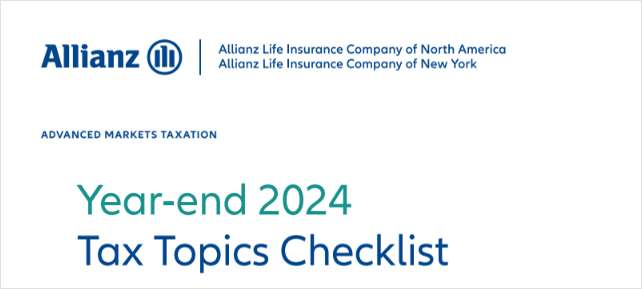Having come of age during the 2008 recession, millennials continue to pursue financial independence and self-sufficiency, according to a Merrill Edge Report released Friday.
Two-thirds of millennials in a survey said they would be able to rely on their own savings account in 20 years. And more than half said they put greater trust in their own stewardship than in their personal relationships with their significant other and friends.
Reflecting this do-it-myself mindset, 38% of millennials said they were willing to save more than half their own paycheck in order to have more money later on.
Contrast that with older generations, who are likelier to rely on external sources for their financial security. Seventy-one percent of Gen Xers said they would depend on a 401(k) account, while 54% of baby boomers said they would rely on pensions and 50% on Social Security benefits.
Convergys, an independent market research outfit, conducted an online survey of 1,010 mass affluent respondents throughout the U.S. in September.
Recession Lessons
The findings showed that the recession has not kept millennials from taking control of their financial future. Instead, they are willing to make sacrificial spending decisions and delay life milestones to save more money for the future.
- 54% are willing to cut back on going out
- 42% would skip vacation for a year
- 36% would delay buying a house
- 33% would postpone getting married or having children
The report said that after living through the post-recession years and seeing the effects on older generations, 85% of millennials were likely to play it safe with their day-to-day investments, more so than other aspects of their life, including their career, romantic life and travel. They are also likelier to see themselves as financially conservative compared with their parents and grandparents.
Financial advisors have many ways they can educate millennials about the benefits of investing that are unique to their generation.
The recession of a decade ago continues to influence how younger generations plan for life milestones, According to Merrill Edge. For 78% of millennials, it still plays a role in their decision-making process when buying real estate, for 58% when pursuing education and for 53% when having children.
At the same time, 80% of millennials also said they expected to see another recession in their lifetime, with three in 10 saying it would happen in the next five years.
The survey results showed that millennials were not letting the recession's aftereffects hinder their financial future. When it comes to their future financial decisions, 64% said they were feeling more "responsible," compared with 54% of other generations; 64% "forward-looking," versus 52%; and 54% "successful," versus 48%.



